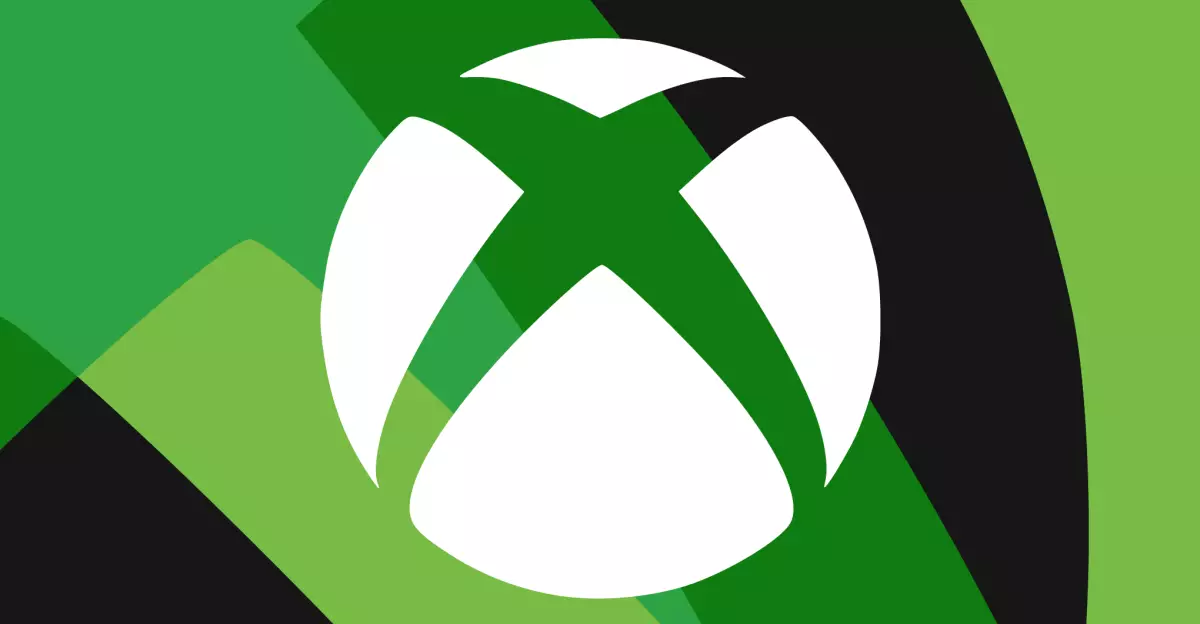The gaming industry stands on the cusp of a revolutionary leap forward, driven by the relentless pursuit of technological excellence and immersive experiences. Microsoft’s upcoming Xbox console epitomizes this evolution, promising a fusion of cutting-edge hardware, groundbreaking AI capabilities, and more accessible gaming options. Unlike its predecessors, this new generation isn’t just about raw power but about crafting a seamless, intelligent ecosystem that adapts to and enhances every moment of gameplay. It’s not merely a console; it’s a statement of ambition, positioning Xbox at the forefront of gaming innovation in the decade to come.
Revolutionizing Cloud Gaming with Affordability and Accessibility
One of the most compelling prospects of the next Xbox is its anticipated emphasis on affordable cloud gaming. Microsoft has long recognized the potential of cloud technology to democratize access to gaming, but high costs and restricted access have hampered widespread adoption. By hinting at a more affordable tier for Xbox Cloud Gaming—potentially including a free, ad-supported version—Microsoft aims to break down barriers that exclude many players, especially in emerging markets and mobile-centric regions. This shift could mirror a broader industry trend: prioritizing inclusivity and convenience over traditional hardware barriers. Given the competition from Nvidia’s GeForce Now, which currently outpaces Xbox Cloud Gaming in resolution, latency, and overall performance, Microsoft’s move to lower costs and broaden accessibility appears to be a necessary and strategic response.
The Next-Gen Hardware and AI: Crafting Smarter, More Immersive Experiences
The upcoming Xbox’s hardware architecture suggests a leap into a new realm of possibilities. Partnering with AMD for specialized silicon design, Microsoft is investing heavily in custom chips that will underpin a new level of visual fidelity and performance. Neural rendering—a cutting-edge technique that leverages AI to produce higher-quality graphics—will likely become a core feature, allowing for richer textures, realistic lighting, and dynamic environments that respond intelligently to player actions. This shift will redefine visual storytelling, making worlds more believable and immersive than ever before.
Furthermore, the integration of dedicated AI hardware, such as neural processing units (NPUs), signals Microsoft’s commitment to embedding AI deeply into the gaming experience. These AI-powered features are expected to revolutionize gameplay, introducing smarter NPCs, personalized challenges, and adaptive difficulty settings that respond dynamically to player skill and behavior. This evolution isn’t just about creating smarter games but about personalizing the journey for every gamer, transforming static entertainment into a living, breathing experience. The emphasis on AI also indicates a move toward more intuitive interfaces, voice commands, and even predictive game design that anticipates player preferences before they even express them.
Convergence of Gaming and Ecosystem Expansion
As Microsoft consolidates its hardware and software, the lines between Xbox and Windows gaming will increasingly blur. The next Xbox will likely serve as the bridge, uniting console and PC ecosystems into an interconnected universe. The company’s strategy points to a future where game libraries, cloud saves, and customizable features are unified across devices, encouraging seamless transition between devices. Such integration will foster a truly unified gaming community that transcends hardware boundaries, allowing gamers to pick up where they left off regardless of platform.
Additionally, Microsoft’s exploration of different app stores and direct game sales hints at a more open, flexible digital landscape. The previously planned strategy to allow instant game streaming directly from the Xbox app on Android aimed to increase mobility and immediacy; legal issues temporarily paused this, but the concept remains viable. Such features could reshape how gamers access and experience titles, making instant streaming and purchase ubiquitous. This approach could also challenge current industry dynamics, compelling other ecosystem providers to reevaluate their models.
The Future Is Artificially Intelligent—and Total Game-Changer
Perhaps the most exciting aspect of the next Xbox is its deliberate focus on AI as a transformative force in gaming. From enhanced graphics to smarter game design, AI capabilities will redefine expectations. The presence of dedicated hardware for AI functions signifies a desire to push beyond the current limitations, offering a gaming experience that is more personalized, reactive, and engaging. These AI features aren’t merely add-ons but fundamental to the future of entertainment—creating worlds that adapt, evolve, and respond intuitively, much like living entities.
Microsoft’s experiments with AI-powered features on upcoming devices like the Xbox Ally X reinforce this vision, emphasizing that future gaming will be shaped by intelligent systems capable of understanding and enhancing user experiences at a granular level. This is more than technological progress; it’s a paradigm shift that will influence gameplay mechanics, storytelling, and even social interactions within games.
Microsoft’s next Xbox is poised not just to advance gaming technology but to redefine what interactive entertainment means in an era increasingly dominated by AI and cloud power. It promises a future where gaming is more accessible, immersive, and intelligent—an exciting horizon that could elevate the industry to unprecedented heights. This isn’t just evolution; it’s a bold leap into a smarter, more vibrant gaming future.

